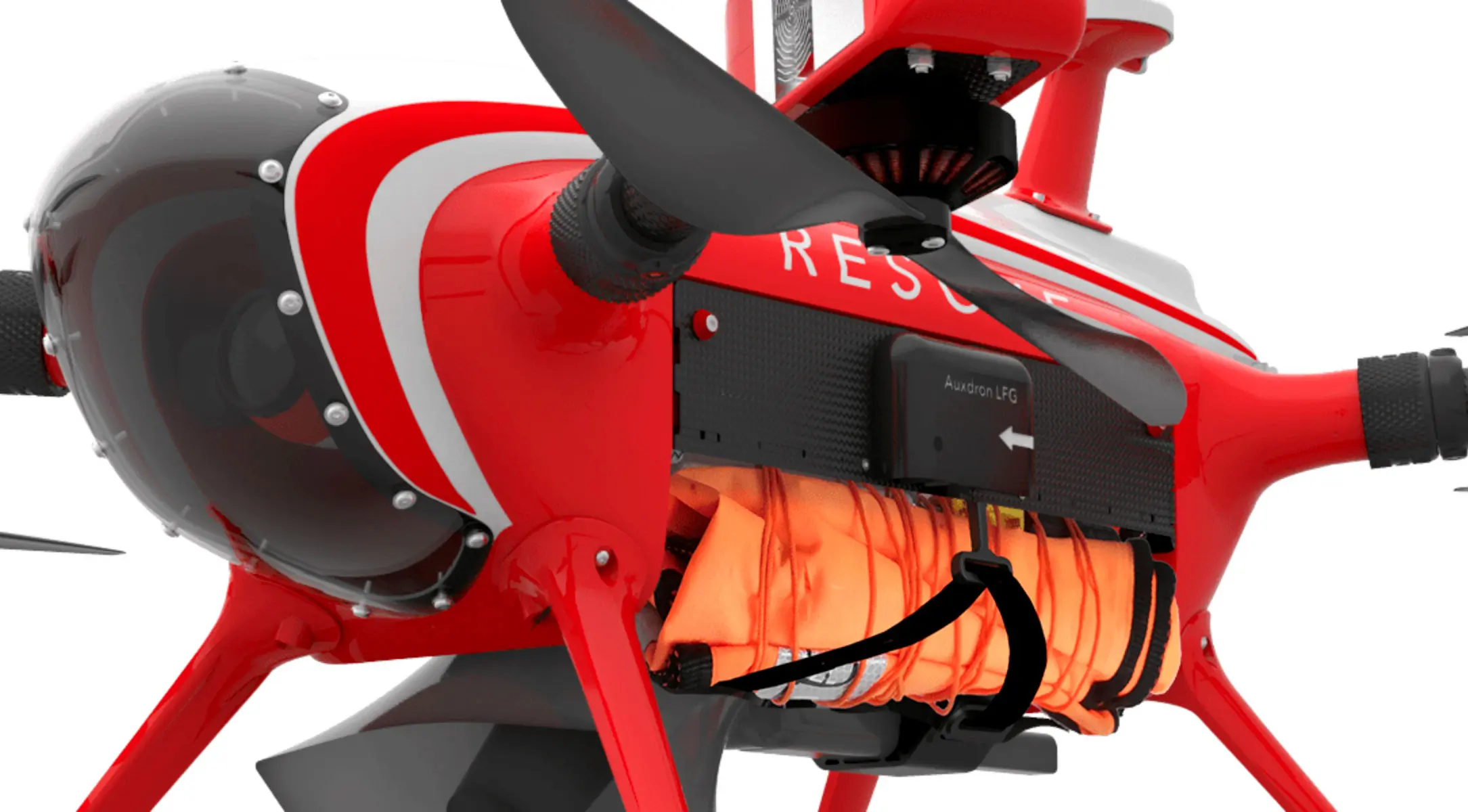General Drones company based in Sagunt has developed an aircraft that already watches 22 Valencian beaches and has actively participated in several bailouts this summer, the last one just a few days ago to a nineteen -year -old girl .
The majority of deaths from drowning on beaches are caused by lack of surveillance. This makes drones developed by General Drones of great importance, since they are not only able to monitor, but also to collaborate successfully in the bailouts.
In 2017 they put their first device on the coast, specifically in the port of Sagunto, and during this time they have participated in numerous bailouts. The first one was in 2018 already this season, the drones have acted directly in eight "critical bailouts." This same week, a device has participated in the rescue of a young woman in Santa Pola and just a few weeks ago, another drone had an active intervention in the rescue of a fourteen -year -old boy in one of the Saguntine beaches.
There are currently 22 rescue and lifeguard drones that operate in as many Valencian beaches under a contract with the Ministry of Justice and Public Administrations, which last year implemented this service in a pilot way in 10 locations and, seen the results obtained, this summer has decided to double the coast points in which these small unmanned aircraft are operational.
The auxdron LFG rescue drones have very advanced characteristics, they are able to adapt to the specific conditions of the land in which they work -humety, salinity, wind ...-.
They are specifically designed to perform surveillance and rescue tasks on the coast: they have a specialized pilot and the devices have a weight of ten kilos and are equipped with two lifeguards, camera and can also carry a speaker.
The sale price is 40,000 euros per unit. "Its main virtue is the detection of dangerous situations and the speed in the response, which allows the swimmer to offer to endure until the arrival of the lifeguards," says Adrián CEO squares of General Drones, which explains that the drone is the first to reach the person who is in difficulties and throws the lifeguard: “We had never had a device flying on the beach in help tasks, we are facing a disruptive tool. Born in Spain and marks a milestone in maritime rescue. ”
The aircraft, led by experienced pilots -"We have an academy and we ourselves train our pilots with courses of two weeks and 10 hours a day of piloting" -, they make an average of three daily flights on each beach. "Minimum one in the first hour, before the lifeguards have reached the Torres, another at the last minute, when professionals have already abandoned their surveillance positions, in addition to all the times that is required because some situation that can be dangerous has been detected," as says places.



























